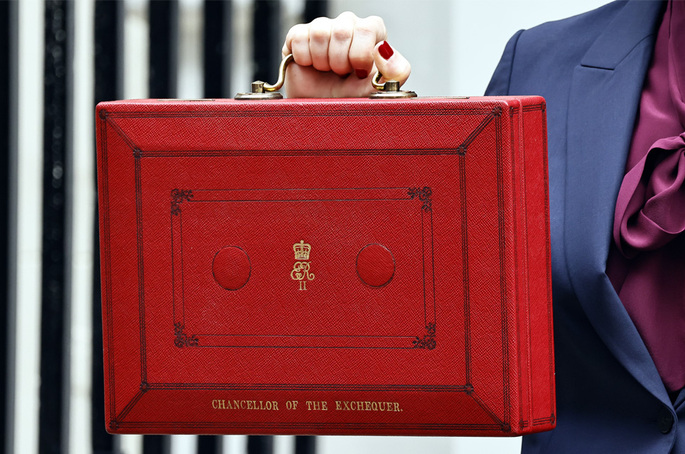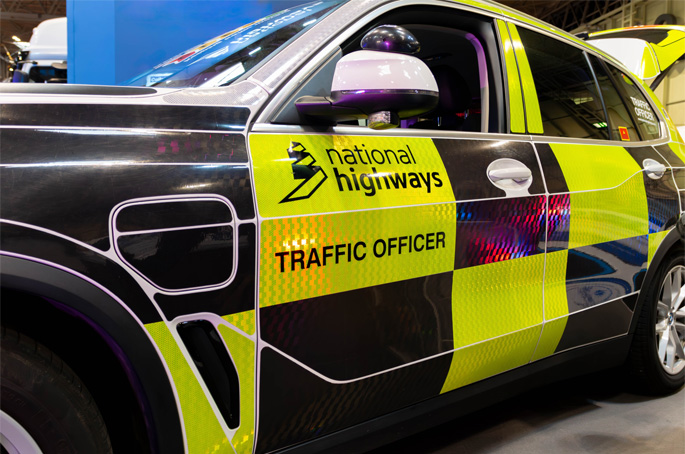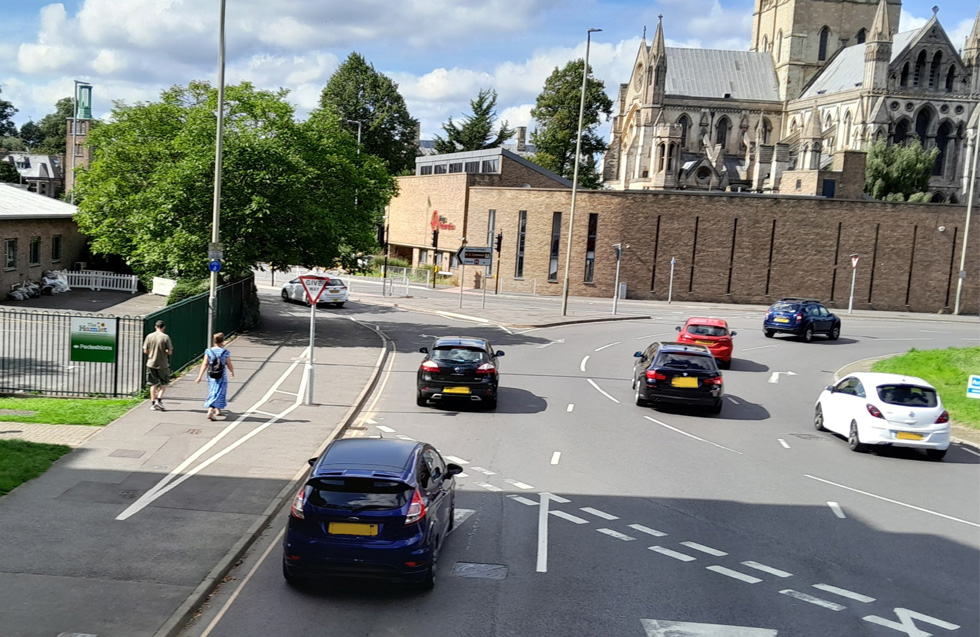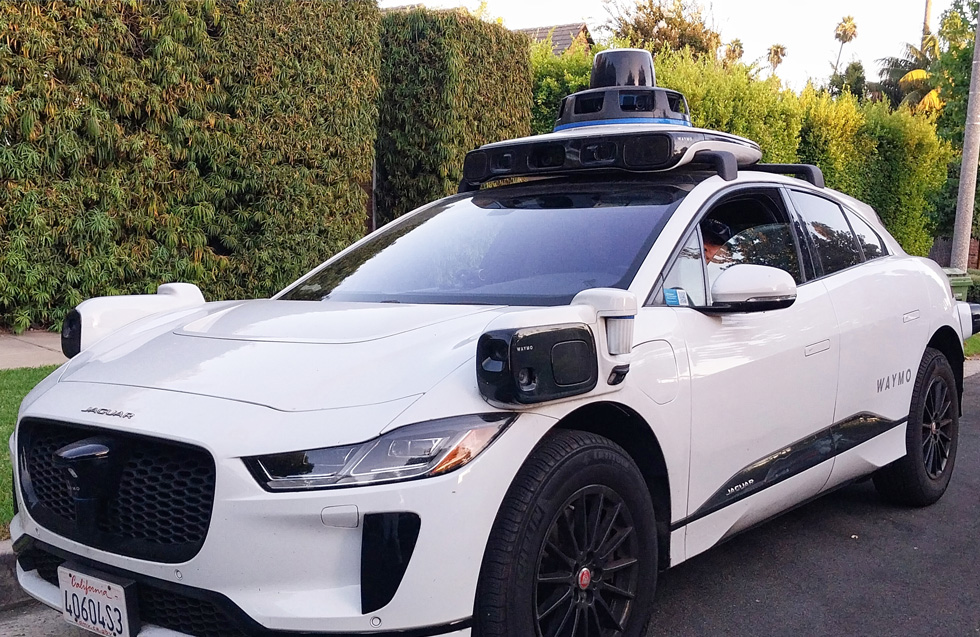Chancellor Rachel Reeves has today confirmed the rumoured pay-per-mile electric vehicle (EV) charge and committed the Government to spending £2bn a year on local road maintenance by 2029-30 using the money.
In her second Autumn Budget speech, Ms Reeves confirmed that EV owners can expect to pay 3p per mile, equivalent to £240 for the average driver, while plug-in hybrid owners will benefit from a reduced rate of 1.5p per mile. On top of this, EV and hybrid drivers will still pay their existing VED.
After being introduced in April 2028, the Electric Vehicle Excise Duty (eVED) charge is expected to increase annually in line with inflation, with ministers expecting it to raise £1.1bn in its first year and a projected £1.9bn by 2030-31.
'The revenue generated from eVED will also support investment in maintaining and improving the condition of roads across the country, benefitting all motorists. By 2029-30, the government will commit over £2bn annually for local authorities to repair, renew, and fix potholes on their roads,' the Government said.
The charge is designed to offset the loss of income from fuel duty tax brought about by the rise of EV ownership.
The chancellor noted that other types of EVs, such as vans, buses, motorcycles, coaches and HGVs, will be ‘out of scope' of the eVED when it is introduced, as the transition to electric power is ‘less advanced' for them.
Despite this increase in cash for road maintenance, some are calling for more to be done.
Amy Brettell, managing director of Zurich Municipal, said: ‘The Government's commitment to tackle the plague of potholes on our roads is good to see, but sadly we know the backlog far exceeds the funding being made available.
'Our own data shows that last winter left more than 38,000 potholes in need of repair, with the total cost to repair local roads now estimated at £16.8bn. In the meantime, potholes are causing damage to vehicles and injuries to cyclists, with Zurich Municipal alone covering annual costs of over £2.5m.'
The chancellor also announced that the Government will be expanding support for the Electric Car Grant with an additional £1.3bn and added that it will be extending the scheme to run until 2029-30.
It has also increased the threshold at which motorists with new EVs have to pay the VED Expensive Car Supplement from £40,000 to £50,000. This is set to come into effect from 1 April 2026 and is projected to save over a million motorists £440 per year.
Fuel duty
The freeze on fuel duty has been extended for a further five months, including an extension of the 5p temporary cut, which Ms Reeves said will be ‘unwound' in September 2026. The current rate of 52.95 pence-per-litre of petrol or diesel.
Once the freeze ends in April 2027, fuel duty will increase annually in line with the RPI measure for inflation, which is estimated to cost motorists £2.4bn in the first year and £0.9bn in the following.
The Department for Energy Security and Net Zero will also launch its Fuel Finder Scheme in Spring 2026, which will require fuel retailers to publish near-real-time fuel prices, as recommended by the Competition and Markets Authority (CMA).
































